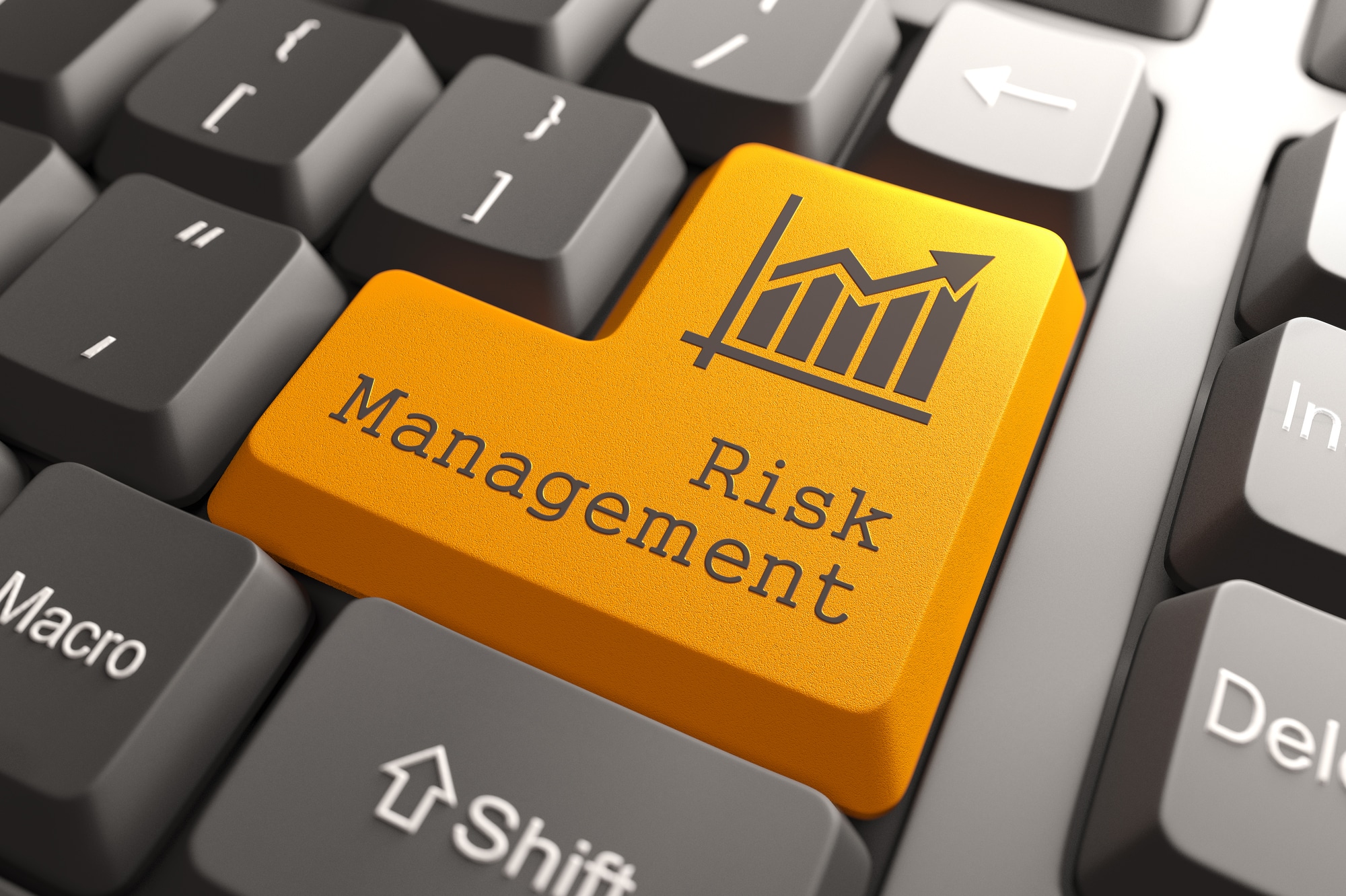
The financial system's risks are not only for banks, but also for all other institutions. There are two types, systemic and un-diversifiable risks. The first type is affecting the entire economy, while the second only affects a specific asset or sector. It is also called residual risk, particular risk, or market risk.
Reputational risks
Recent years have witnessed a tremendous increase in reputational-risk management within financial institutions. A number of regulatory bodies demanded that more specific guidelines be developed on how to manage reputational loss. These guidelines include a process of risk identification, analysis and treatment.
Banks' ability to attract and keep customers can be affected by reputational risk. Reputational risk can result from many factors. A bank's reputation could be affected by its customer service, security, compliance history, and other factors. A bank's reputation may also be damaged by large-scale economic challenges. The costs of repair can be high.

ESG risk
Banks must assess the impact of environmental, social, and governance (ESG) issues on their credit risk profiles. ESG issues that are not addressed properly can lead to financial risk, poor reputations, misconduct risks and pricing errors. This can impact liquidity and investor confidence as well as business development. There are several ways to minimize the impact of these risks on a bank's credit risk profile.
ESG risk is frequently associated with extractive or resource-intensive industries. Although financial services isn't as well-known and understood as other industries like those mentioned above, the implications can still be significant and require board oversight.
Supervision of the staff
Banks need to focus on risk management and must monitor their staff. They are the primary drivers of company performance. These employees could also pose operational risks. Recent events involving foreign exchange and LIBOR manipulation have highlighted the human factor in financial institutions. In the past, HR was responsible for addressing this risk, ensuring that the right people were hired and that conduct issues were appropriately investigated. Today, banks are starting to recognize the human factor as a risk factor and are incorporating it into their risk management processes.
Management of risk can be difficult because it is often difficult to identify and assess emerging risks. These risks are often under the operational risk umbrella and can be difficult to monitor. Specialized expertise is required to manage these risks. Managers of fraud require a thorough understanding of first-line processes as well as fraud typologies. The understanding of non-transparent communication and gameable systems is essential for monitoring conduct risks. In the capital marketplace, this involves monitoring and addressing misselling and misconduct by unscrupulous workers.

Natural disasters
Banks can be hit by short-term financial difficulties due to natural disasters. These events can affect deposits, increase non-performing loans or force the restructuring of loan portfolios. They can also result in bank panics or excessive losses. These events could also cause negative selection and moral hazard for banks' post-loan strategies.
Banks can help their customers minimize the effects of natural disasters by developing disaster risk financing strategies. These strategies enable clients to decide the best balance between transferring or retaining risk. Each client will find the best combination of approaches depending on the type of risk and the severity and frequency with which disasters occur. Because of its 70 years' experience in international markets as well as the execution of high-quality insurance transactions, it can assist clients in disaster risk financing strategies.
FAQ
Why is project management so important?
To ensure projects run smoothly and meet deadlines, project management techniques are employed.
This is because many businesses depend heavily upon project work to produce products and services.
These projects are essential for companies.
Companies could lose their time, reputation, and money without effective project management.
What are some common mistakes managers make?
Sometimes, managers make their job more difficult than it is.
They may not assign enough responsibilities to staff members and provide them with inadequate support.
In addition, many managers lack the communication skills required to motivate and lead their teams.
Managers set unrealistic expectations and make it difficult for their team.
Some managers may try to solve every problem themselves instead of delegating responsibility to others.
How to effectively manage employees
Managing employees effectively means ensuring that they are happy and productive.
This includes setting clear expectations for their behavior and tracking their performance.
Managers must set clear goals for their employees and themselves to achieve this goal.
They must communicate clearly with their staff. They should also ensure that they both reward high performers and discipline those who are not performing to their standards.
They also need to keep records of their team's activities. These include:
-
What did we accomplish?
-
How much work was done?
-
Who did it?
-
It was done!
-
Why it was done?
This information can be used to monitor performance and evaluate results.
Statistics
- The BLS says that financial services jobs like banking are expected to grow 4% by 2030, about as fast as the national average. (wgu.edu)
- As of 2020, personal bankers or tellers make an average of $32,620 per year, according to the BLS. (wgu.edu)
- The average salary for financial advisors in 2021 is around $60,000 per year, with the top 10% of the profession making more than $111,000 per year. (wgu.edu)
- This field is expected to grow about 7% by 2028, a bit faster than the national average for job growth. (wgu.edu)
- UpCounsel accepts only the top 5 percent of lawyers on its site. (upcounsel.com)
External Links
How To
How do you apply the 5S at work?
The first step to making your workplace more efficient is to organize everything properly. A clean desk, a tidy room, and a well-organized workspace help everyone stay productive. To ensure space is efficiently used, the five S's (Sort Shine, Sweep Separate, Store and Separate) are all essential. We'll be going through each step one by one and discussing how they can all be applied in any environment.
-
Sort. You can get rid of all papers and clutter, so you don’t waste time looking for what you need. This means you place items where you will use them the most. Keep it near the spot where you most often refer to it. You should also consider whether you really need to keep something around -- if it doesn't serve a useful function, get rid of it!
-
Shine. Anything that could cause harm or damage to others should be thrown out. If you have lots of pens, it is a good idea to find a safe place to keep them. It could be worth investing in a penholder. Pens won't get lost anymore.
-
Sweep. You should clean your surfaces often to prevent dirt and grime from building up. To ensure that surfaces are clean and as neat as possible, you might consider investing in dusting equipment. You can even set aside a specific area for sweeping and dusting to keep your workstation looking tidy.
-
Separate. Separating your trash into different bins will save you time when you need to dispose of it. Trash cans are usually placed strategically throughout the office so that you can easily throw out the garbage without searching for it. Place trash bags next to each trash can to take advantage of the location.